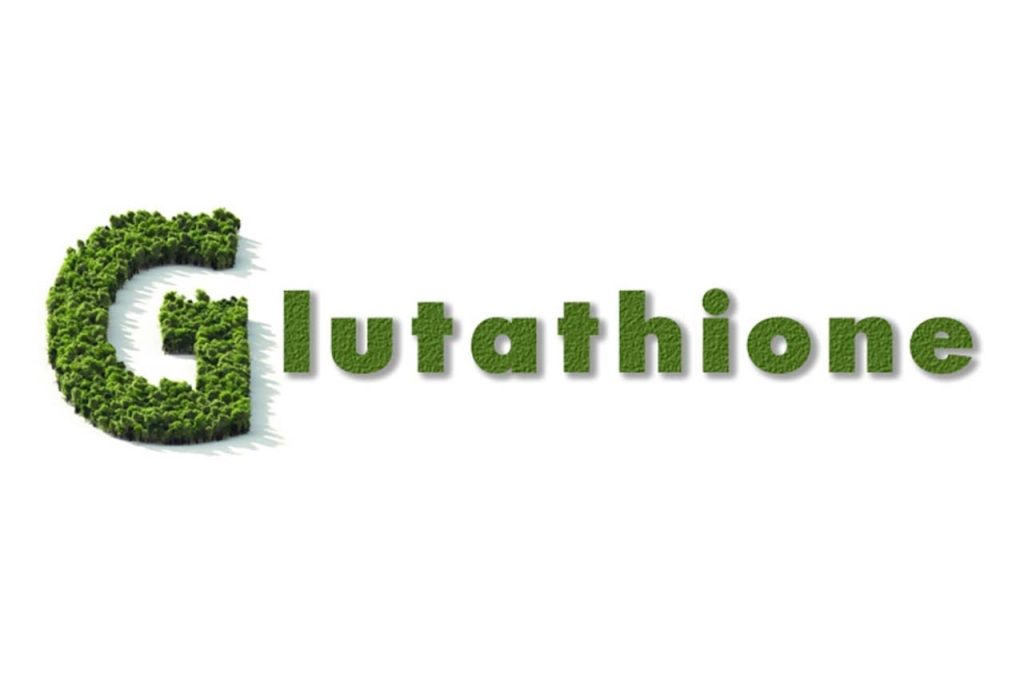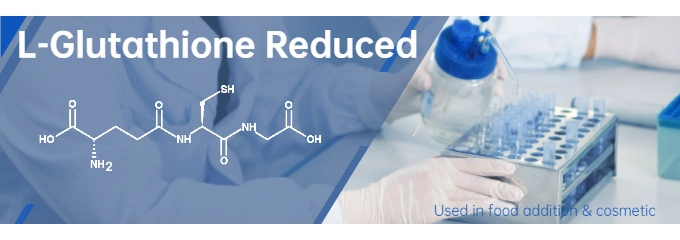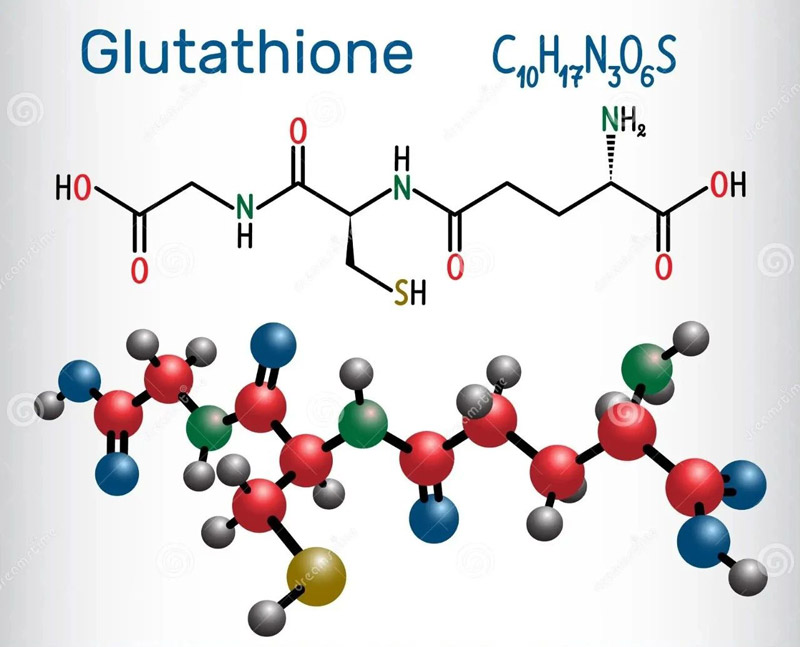glutathione (GSH) is a tripeptide composed of glutamic acid, cysteine and glycine, containing sulfhydryl, which has antioxidant and integrated detoxification effects.
Glutathione is widely found in animals and plants, and it can participate in biological transformation, transforming harmful poisons into harmless substances in the body and excreting them out of the body, thus helping to maintain the normal function of the immune system.
The oxidation of free radicals in the skin can lead to the formation and stabilization of melanin, making the skin dull and dull.
The antioxidant effects of glutathione help prevent and mitigate this oxidation reaction, thereby keeping the skin light and white.
Therefore, in some whitening products or supplements, glutathione often used in combination with other whitening ingredients to improve the whitening effect.
Glutathione supplementation has the potential to improve the skin and can have a positive effect on either reduced or oxidized glutathione.
Why does glutathione resist aging?
1. Antioxidant effect
Free radicals, like to destroy everywhere in the human body, with people’s aging and various diseases have a huge relationship, GSH can directly remove free radicals and other oxides, reduce oxidative damage to cells and tissues, delay the aging process.
2. Detoxification ability
As an important detoxification molecule in cells, glutathione can form stable conjugations with some toxins and heavy metals to promote their discharge, thereby removing harmful substances in the body and protecting cell vitality.
3. Immune regulation
A healthy immune system is important for preventing disease and fighting aging.
It can regulate the function of immune cells, improve the activity of the immune system, and enhance the resistance to pathogens and harmful substances.

The role of glutathione in the human body
Glutathione plays a significant role in maintaining cell health,
resisting oxidative stress and supporting normal physiological functions, which can briefly summarized in the following six points:
- 1. Eliminate free radicals and reduce oxidative stress
- 2. Reduce inflammation and improve immune function
- 3. Detoxification (exogenous and endogenous toxins)
- 4. Maintain mitochondrial function
- 5. Regulation of cell proliferation and apoptosis
- 6. Recycling vitamins C and E ensures proper expression of genes and proteins




